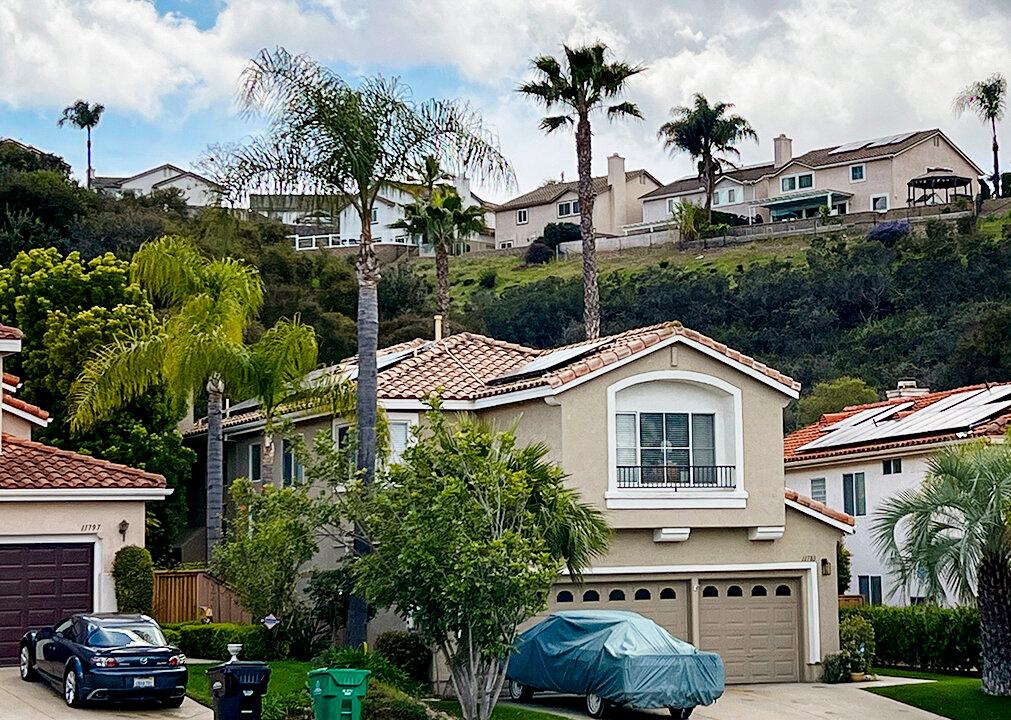The share of million-dollar homes in the United States has risen to a new high as elevating home prices keep pushing properties into the price bracket, according to a report by real estate brokerage Redfin.
A record 8.5 percent of American homes are now worth $1 million or more, the “highest share of all time,” according to an Aug. 16 report. This is more than double the four percent rate prior to the COVID-19 pandemic. California has the biggest share of the category, with the state seeing new high-priced homes popping up faster than anywhere else. The city with the highest share of homes worth over $1 million was Anaheim, followed by San Diego, and Los Angeles.





